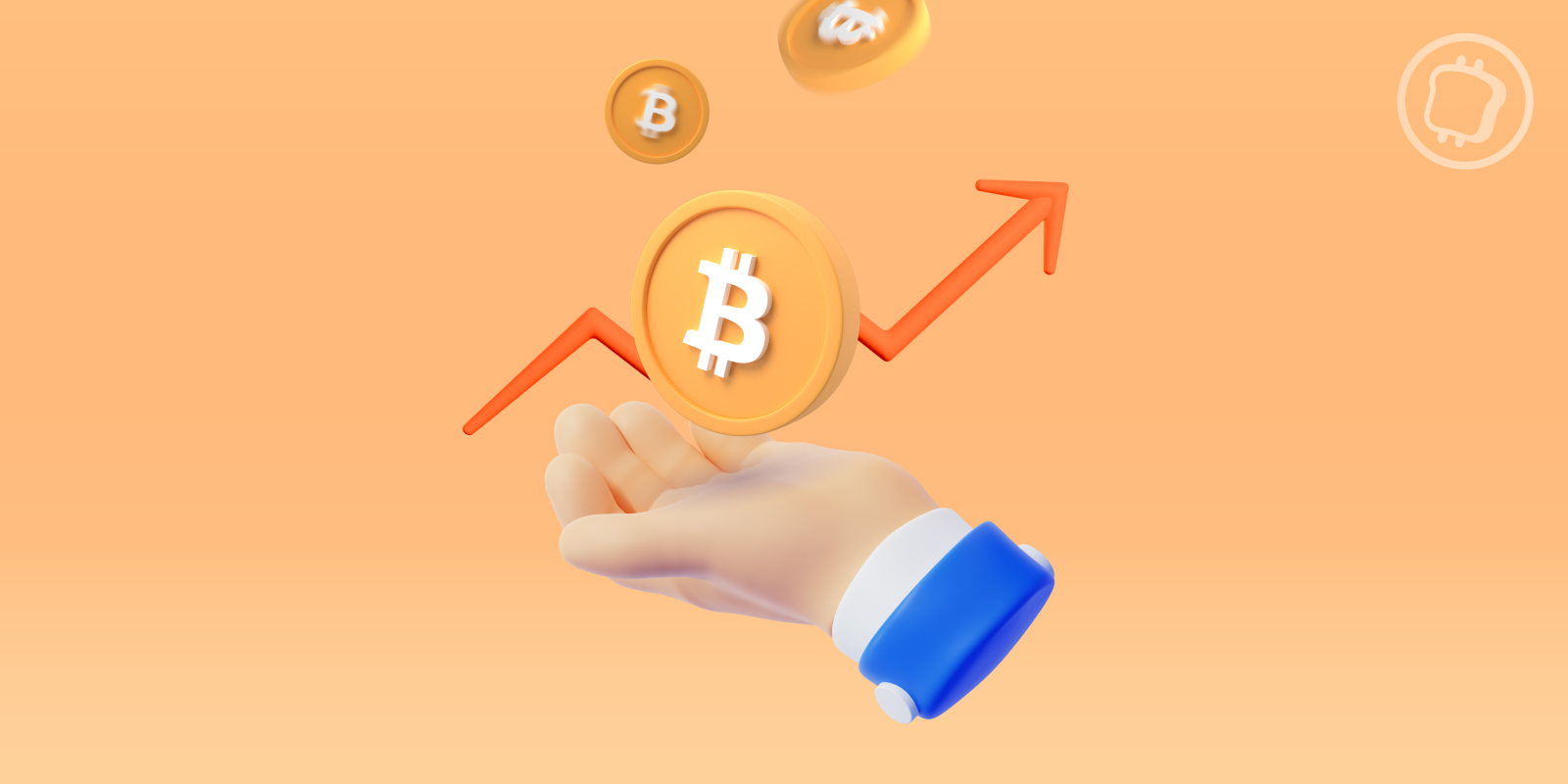280 characters is a very thin base for serious debates. Despite this, the number of scientists tweeting has increased in recent years. Disadvantages were accepted: a business model that exploits the privacy of its users and a conversational climate artificially heated by algorithms.
Since Elon Musk took over the service, another problem has arisen. Concern is spreading among scientists that the platform will become neglected. Hate posts have skyrocketed since the sale, and if Musk lives up to his promise to remove all free speech filters, the number of abusive posts will only increase.
A number of scientists have left Twitter as a result or are considering doing so. The biggest beneficiary is the Mastodon network, which registers around five hundred thousand new users. Invented by German software engineer Eugen Rochko, the donation-funded open-source platform is better suited to the needs of science.
You can post articles there that are eleven thousand characters long, the decentralized structure protects you from the owner’s self-important crackdown and you are not agitated by an algorithm or a lay public who are happy to comment. On Mastodon, the researcher does not speak in front of a large audience, but from peer to peer. He is taken back to the early days of the Internet, which was invented for science communication before it turned into the great rummage table of the World Wide Web.
A call to turn yourself into a commodity
But Mastodon also has two catches. Discussions about research papers cannot be linked there as well as on Twitter, the second problem is the reach. Mastodon has around six million users, Twitter just under 240 million. It took a mass exit from Twitter for the network effect to kick in and for other scientists to follow. Actually, it shouldn’t be difficult for science to do without a mass audience. Discussions about preprints are fine without an audience, and it’s not the job of science to solve the problems created by Twitter itself: correcting disinformation and fighting hate speech.
The really remarkable thing is that science only felt called to action when Twitter was and is being dominated by two narcissists in quick succession, first Trump, then Musk, who symbolize the social image of the digital economy. Musk is making it clear again how little he thinks of law and order. And the freedom of the user, for which he supposedly does all this, has an economic downside.
Twitter reserves the right to sell its customers’ personal information to third parties, making itself attractive to advertisers and investors. It calls on its users to commodify themselves. It is amazing how successful it is with scientists who otherwise criticize all possible forms of reification. And anyone who is surprised today that respected historians can roughly ignore well-known facts without there being an outcry in science should follow the course of debates on Twitter. The philosopher Konrad Paul Liessmann summed it up like this: The networks have made the ad hominem argument socially acceptable in science. That was once considered a verdict.
Here, too, applicable law has often not been enforced
The fact that some no longer see it that way is probably due less to conscious decisions than to network effects. Today, politicians expect scientists to have a presence on the Internet. To explain science, drive away fact-deniers and increase world knowledge. Twitter is also said to increase the citation rate. It promotes a star system in science. It would be nice if politicians did their own job and no longer waived editorial due diligence on the networks. As is well known, the networks only do what is absolutely necessary.
On Twitter, removing hate speech and disinformation is the job of algorithms and far too few curators, who consistently turn out to be unable to get a handle on the problem. There is little effort in the United States to change this. In Europe, the Digital Services Act will force services to take more rigorous action against hate mail and fake news from 2024 onwards. But even there, applicable law has often not been enforced. As long as this is the case, alternatives like Mastodon will have a hard time asserting themselves against the network giants.
A technical solution to a social problem?
Musk will likely make Twitter a marketplace even more than before. It may be that the medium is forcing him to abandon his “absolutism of freedom of speech”. But it shouldn’t be that difficult for him, because he’s never been an absolutist of free speech when it came to his private interests. This was shown by his ruthless actions against journalists or employees.
Musk could address the problem of hate speech and fake news by hiring many new curators, but that would make the platform even less profitable, and the mass layoffs in its first few weeks suggest he plans to do the exact opposite. Based on the belief that is widespread in Silicon Valley that there is a technical solution for every social problem, he will probably try to develop the perfect algorithm. He could grow old over that. Some scientists who have emigrated have created a second account to await developments.

















